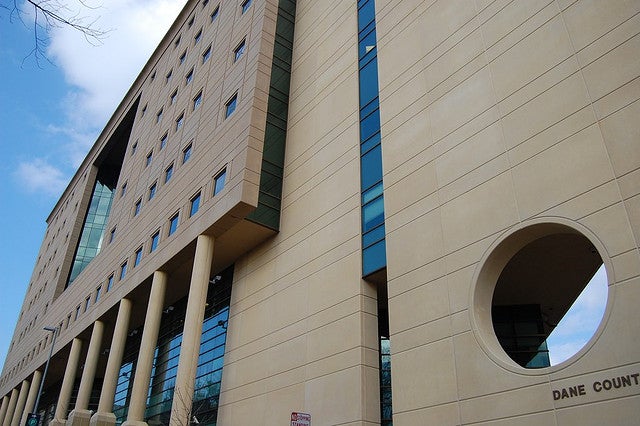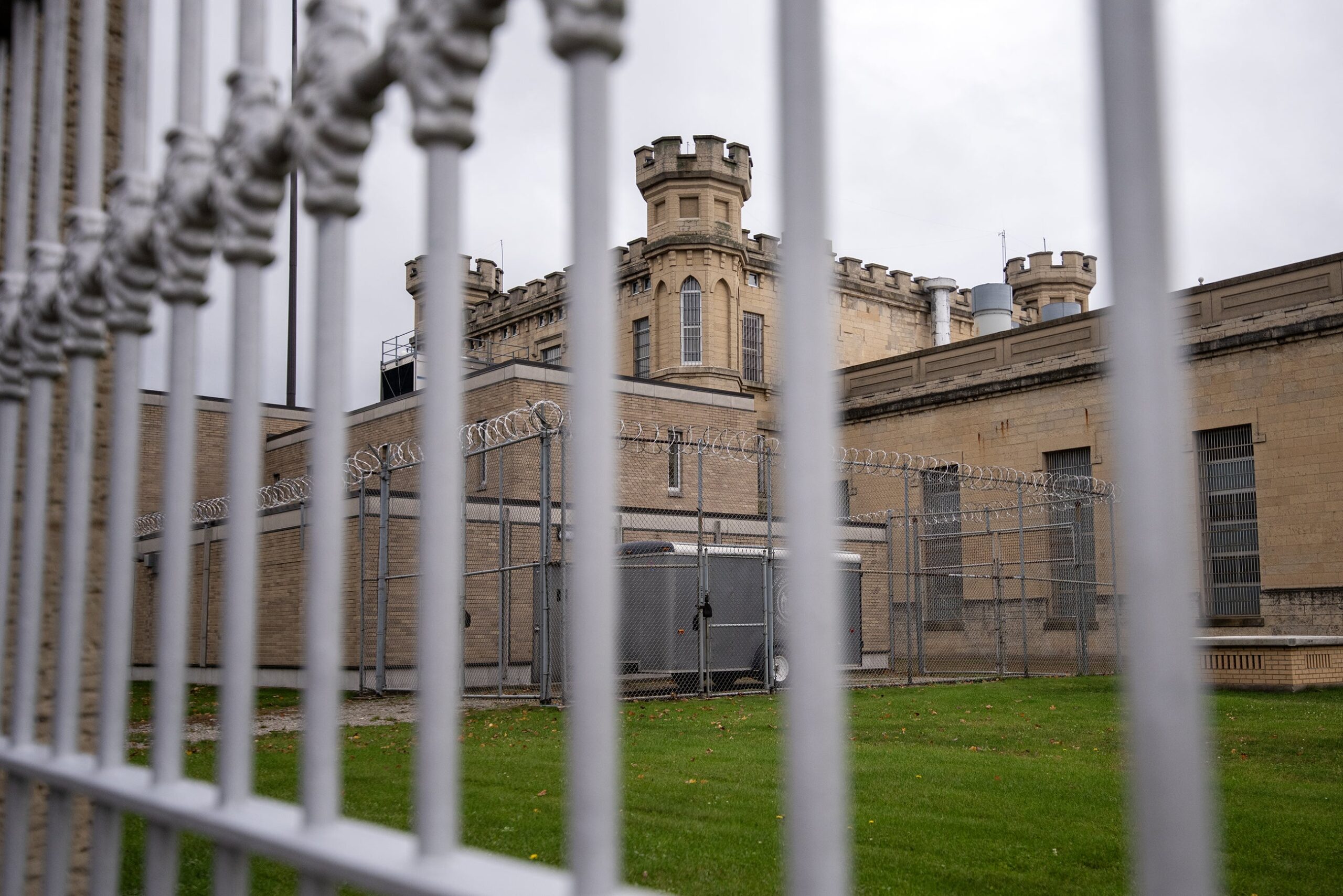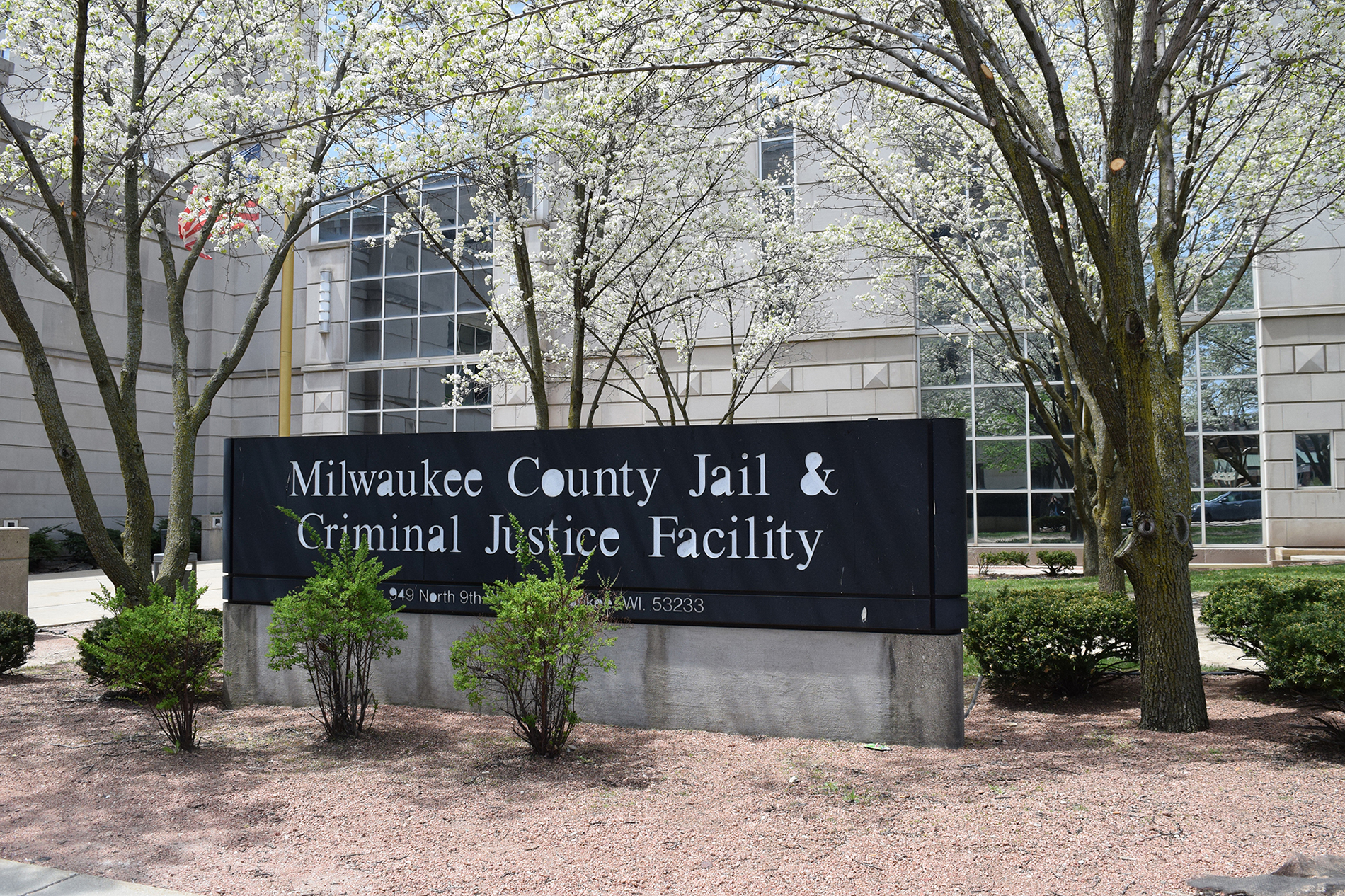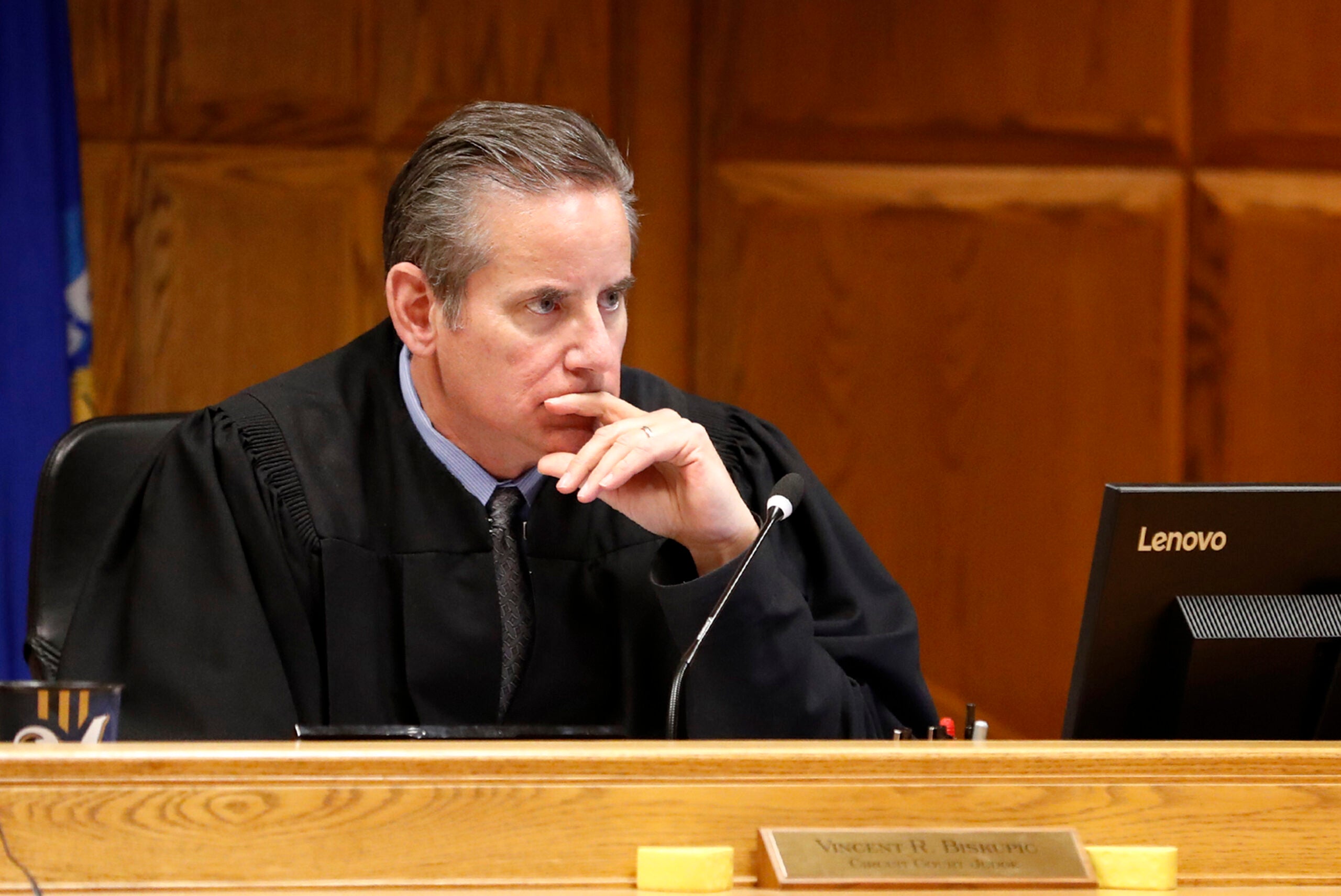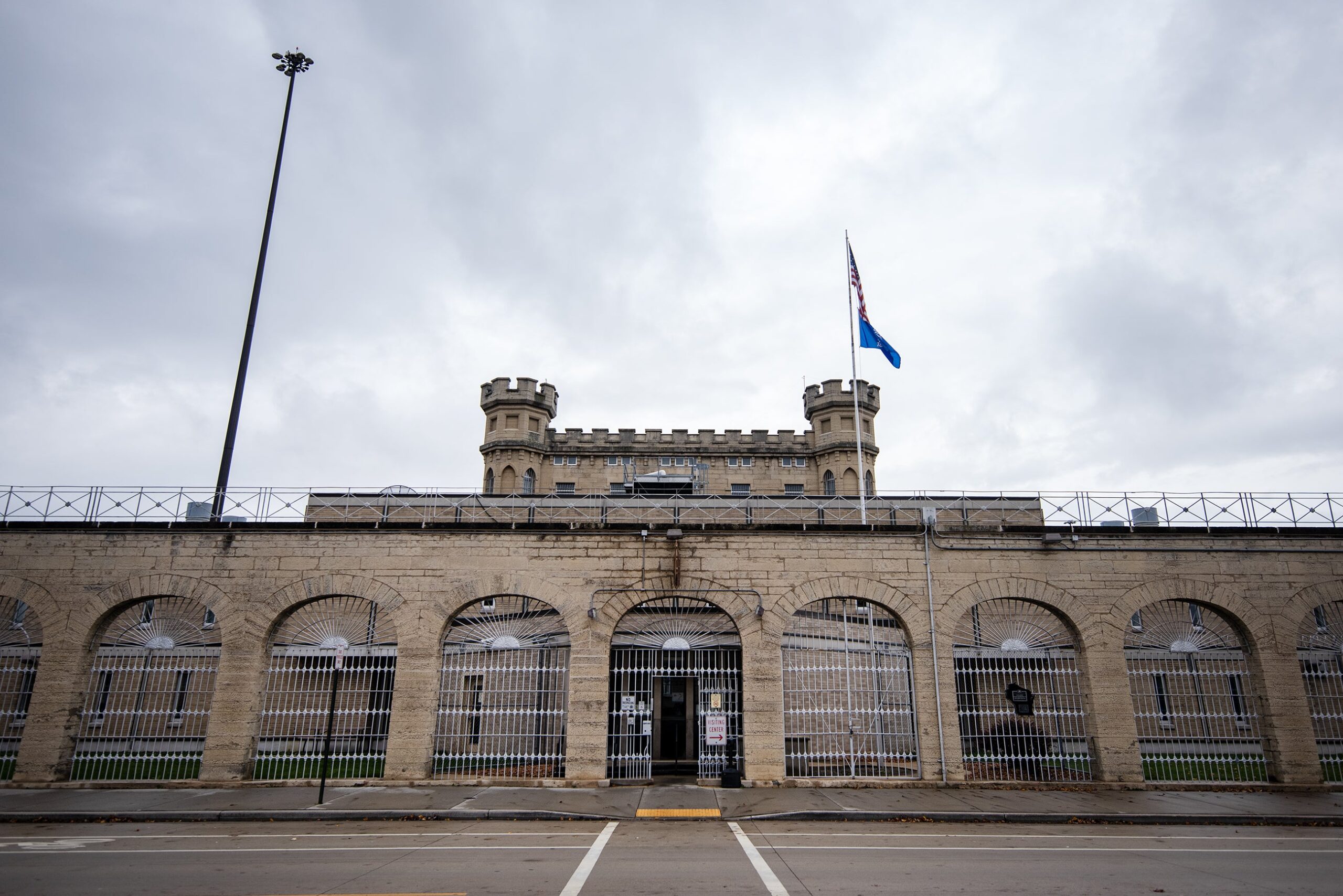A legislative study committee is taking a close look at how effective the 62 problem-solving courts in Wisconsin are at reducing the jail and prison populations.
Problem-solving courts were introduced in the 1990s to solve problems outside the traditional court system. The courts allow nonviolent offenders to choose treatment instead of jail-time, and aim to address underlying problems related to criminal behavior such as drug addiction, veterans’ issues, or mental illness.
The committee heard testimony this week from county social workers and court officials who are running problem-solving courts. They testified that the courts are beginning to reduce the recidivism rate and thereby save money for county jails.
Stay informed on the latest news
Sign up for WPR’s email newsletter.
Sheila Malec, who runs the Eau Claire County mental health court, said that not only is the court saving money, but it’s changing the lives of the offenders who participate as well.
“Sometimes they have never had any services, and this is the first time that they’re able to access services and … be able to live a life worth living,” said Malec.
One of the 21 participants in the Eau Claire program, 55-year-old Kenny Chaney, told the committee that after spending 30 years of his life in and out of prison, the mental health court completely changed his view of the criminal justice system.
“That really helped it with me — to actually have a judge and a prosecuting attorney making suggestions for me to be better, and not just focusing on punishing me but helping me to actually making some good choices,” said Chaney.
The committee meets again next month to consider increasing funding for problem-solving courts so they can serve more offenders. New research shows that even some violent offenders can benefit from treatment courts, so the committee is considering lifting a restriction in state law that bars any offenders with a violent crime from being given the option of treatment instead of prison.
Wisconsin Public Radio, © Copyright 2024, Board of Regents of the University of Wisconsin System and Wisconsin Educational Communications Board.

